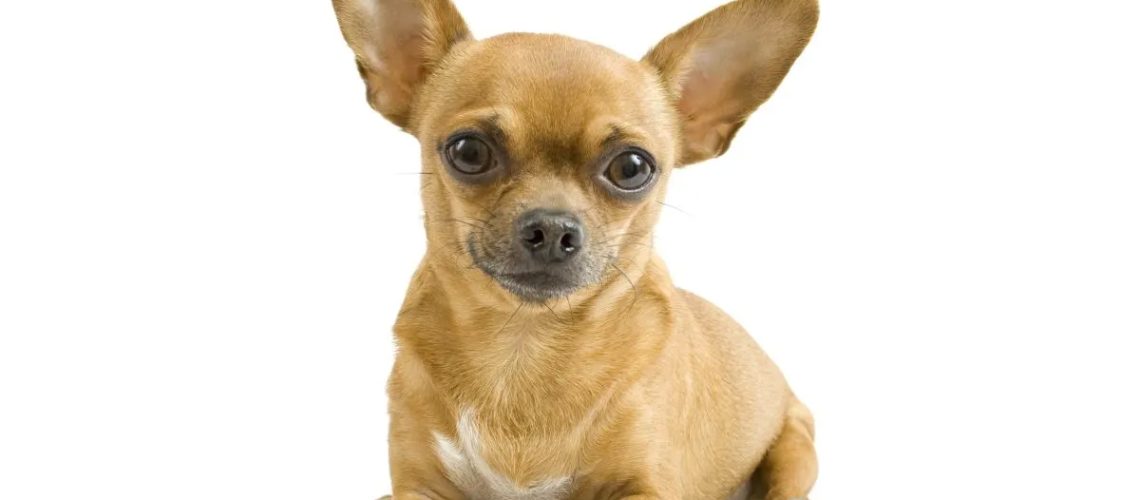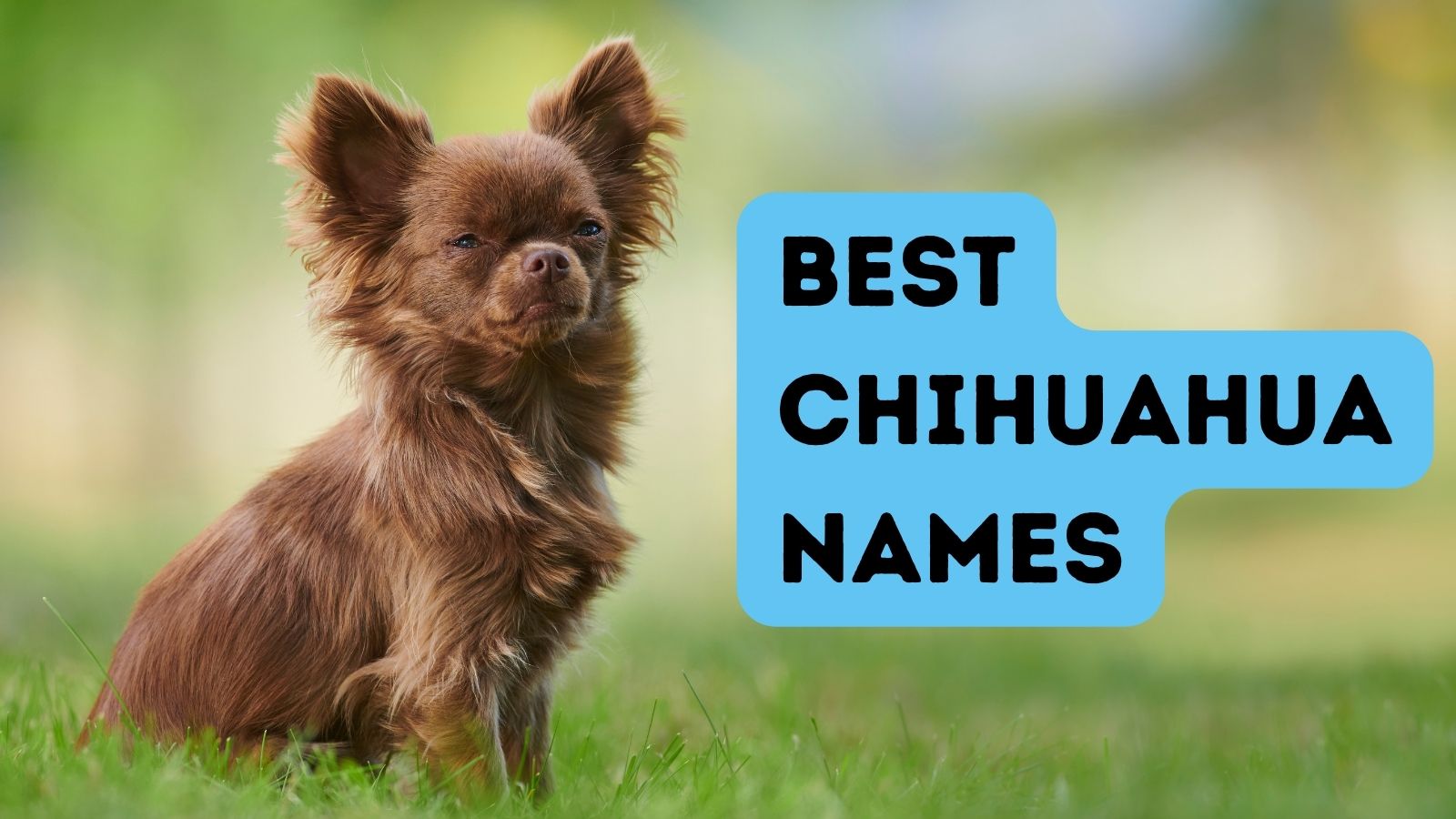Key Takeaways:
- Chihuahuas are small in size, making them ideal for apartment living or households with limited space.
- They have a bold and confident personality, often displaying a fearless attitude towards larger dogs.
- Chihuahuas require regular exercise to prevent weight gain and maintain their overall health.
- Due to their tiny size, Chihuahuas are prone to dental issues and should have their teeth brushed regularly.
- These dogs thrive on human companionship and may suffer from separation anxiety if left alone for extended periods of time.
Are you curious about Chihuahuas? These pint-sized pups may be small in stature, but they have big personalities that make them stand out from the pack.
Whether you're a dog lover or just interested in learning more about different breeds, delving into the world of Chihuahuas can be incredibly rewarding. Understanding their unique characteristics and how to properly care for them can not only help you become a better pet owner, but it can also provide you with valuable insights into the fascinating world of canine companionship.
Characteristics of the Chihuahua Dog Breed
Appearance and Size
The Chihuahua is a small breed of dog known for its tiny size. They are one of the smallest dog breeds in the world, weighing between 2 to 6 pounds. Despite their small size, Chihuahuas have a sturdy body structure with a rounded head and erect ears. Their coat can be smooth or long, and they come in various colors such as fawn, black, white, and tan.
Temperament and Personality
Chihuahuas are often described as alert and confident dogs. They may be small, but they have big personalities! These dogs are known for being loyal to their owners and can form strong bonds with them. Chihuahuas tend to be wary of strangers and may bark to alert their owners of any potential threats. They can also be quite stubborn at times but respond well to positive reinforcement training.
Care and Maintenance
Caring for a Chihuahua involves providing them with regular exercise and grooming. Despite their small size, these dogs have energy levels that need to be met through daily walks or playtime in a securely fenced yard. Grooming needs vary depending on the type of coat your Chihuahua has - smooth-coated Chihuahuas require minimal brushing while long-coated ones need more frequent brushing to prevent matting.
Chihuahuas: The Tiny Dogs Compared to Others
Comparing Sizes of Dog Breeds
When it comes to size, Chihuahuas stand out as one of the tiniest dog breeds. To put it into perspective, let's compare them to some other popular breeds:
- Chihuahuas weigh around 2 to 6 pounds, while Labrador Retrievers can weigh between 55 to 80 pounds.
- Average height of a Chihuahua is around 5 to 8 inches, whereas Great Danes can reach heights of up to 30 inches at the shoulder.
These comparisons highlight just how small Chihuahuas are in comparison to larger breeds. Their petite size makes them easily portable and suitable for people living in apartments or smaller homes.
The Advantages of Owning a Small Dog
Owning a small dog like a Chihuahua has its advantages. Firstly, their small size means they require less space compared to larger breeds. They can comfortably live in apartments or houses with limited outdoor areas. Secondly, their tiny stature makes them easier to handle and transport. You can carry them in your arms or use a pet carrier without much effort.
Additionally, small dogs tend to have longer lifespans compared to larger breeds. This means you can enjoy their companionship for many years. Lastly, smaller dogs generally have lower food and grooming costs as they consume less food and require less grooming supplies.
Why Chihuahuas are Alert and Bark a Lot
Natural Instincts of Chihuahuas
Chihuahuas have a natural instinct to be alert and bark when they sense something unusual or perceive a potential threat. This instinct stems from their history as companion dogs and watchdogs. Despite their small size, Chihuahuas were bred to be vigilant and protect their owners from any harm.
Sensitivity towards Surroundings
Chihuahuas have highly sensitive hearing and keen senses. They can pick up on even the slightest changes in their environment, such as unfamiliar sounds or movements. This sensitivity makes them more prone to reacting with barking as a way to communicate their concerns or alert their owners.
Managing Excessive Barking
If your Chihuahua's barking becomes excessive or bothersome, there are ways to manage it. Providing proper socialization and training from an early age can help them become more comfortable in different situations and reduce anxiety-induced barking. Positive reinforcement techniques, such as rewarding calm behavior, can also be effective in teaching your Chihuahua when it is appropriate to bark and when to remain quiet.
Caring for a Chihuahua: Exercise and Grooming Tips
Exercise Needs of a Chihuahua
Chihuahuas may be small, but they still require regular exercise to maintain their physical and mental well-being. Daily walks or play sessions in a securely fenced yard are essential for keeping them active and preventing obesity. However, it's important not to overexert them due to their small size and delicate structure.
Grooming Tips for Chihuahuas
Grooming needs for Chihuahuas vary depending on whether they have a smooth coat or long coat:
- Smooth-coated Chihuahuas have short hair that requires minimal brushing. A weekly brushing session will help remove loose hair and keep their coat looking shiny.
- Long-coated Chihuahuas have longer hair that requires more maintenance. Regular brushing is necessary to prevent matting and tangling. They may also need occasional trimming around the ears, paws, and tail.
In addition to brushing, regular dental care, nail trimming, and ear cleaning are essential for maintaining your Chihuahua's overall hygiene.
Are Chihuahuas Good with Kids and Other Pets?
Chihuahuas and Kids
Chihuahuas can be good companions for older children who understand how to handle small dogs gently. However, due to their small size and delicate nature, they may not be suitable for households with young children who may accidentally injure them. It's important to supervise interactions between Chihuahuas and children to ensure the safety of both.
Chihuahuas and Other Pets
With proper socialization and introductions, Chihuahuas can get along well with other pets in the household. However, their territorial nature may cause them to be cautious around unfamiliar animals. Early exposure to different animals and positive reinforcement training can help them develop positive relationships with other pets.
Training a Chihuahua: Easy or Challenging?
Challenges of Training a Chihuahua
Training a Chihuahua can sometimes be challenging due to their independent nature and stubbornness. They have a strong personality and may try to assert dominance if not properly trained. Additionally, their small size can make it tempting for owners to overlook certain behaviors or allow them on furniture that might not be allowed for larger breeds.
Tips for Successful Training
To successfully train a Chihuahua, consistency, patience, and positive reinforcement techniques are key. Start training from an early age to establish boundaries and expectations. Keep training sessions short but frequent to maintain their focus. Use rewards such as treats or praise when they exhibit desired behaviors. Avoid harsh punishment or scolding as it can lead to fear or aggression.
Lifespan and Health Issues of Chihuahuas
Lifespan of Chihuahuas
Chihuahuas have a relatively long lifespan compared to many other dog breeds. On average, they live between 12 to 20 years. Providing them with proper care, nutrition, regular exercise, and routine veterinary check-ups can contribute to their overall health and longevity.
Common Health Issues
Like all dog breeds, Chihuahuas are prone to certain health issues. Some common health problems that can affect Chihuahuas include:
- Dental problems: Due to their small mouths, Chihuahuas are susceptible to dental issues such as tooth decay and gum disease. Regular dental care is essential for maintaining their oral health.
- Patellar luxation: This condition involves the dislocation of the kneecap and can cause lameness or difficulty in walking. Regular exercise and maintaining a healthy weight can help prevent this condition.
- Heart problems: Chihuahuas may be prone to heart diseases such as mitral valve disease or heart murmurs. Regular cardiac evaluations by a veterinarian are important for early detection and management.
While these health issues can occur in Chihuahuas, not all dogs will experience them. Providing a balanced diet, regular exercise, and preventive care can help minimize the risk of developing these conditions.
In conclusion, Chihuahuas are small dogs with big personalities. They require proper care, including regular exercise, a balanced diet, and socialization. With the right care and attention, Chihuahuas make loving and loyal companions.
Are Chihuahuas high maintenance?
Just like with any other breed, there are some pet owners who are attracted to the appearance of Chihuahuas, specifically their small size and the misconception that they require minimal maintenance. However, this is not true. Chihuahuas actually require the same amount of care and training as larger dogs.
What is the personality of a Chihuahua dog?
Chihuahuas are affectionate and devoted animals that are well-suited for individuals who are new to pet ownership. Despite their small size, these dogs have strong personalities that can range from bold and extroverted to reserved and cautious. They are intelligent and show unwavering loyalty to their loved ones, and will gladly accompany them wherever they go.
Are Chihuahuas hard to care for?
If you are properly prepared, Chihuahuas can be wonderful companion pets in the appropriate environment. They are highly affectionate dogs but require just as much care as larger breeds. Therefore, it is important to conduct thorough research and make necessary preparations before bringing your new four-legged friend home.
Are Chihuahuas good for seniors?
Chihuahuas are a compact breed that is well-suited for older individuals residing in apartments or small residences. They have low exercise requirements, making them a suitable option for seniors with limited physical activity.
Should Chihuahuas sleep with you?
Therefore, it can be concluded that as long as the Chihuahua is mature enough to avoid injury, recognizes you as the leader, and you are confident that you will get enough sleep, there is nothing fundamentally problematic with the concept of allowing a dog to sleep in the bed.
Is a Chihuahua a good indoor dog?
The Chihuahua is commonly considered an indoor dog that doesn't need a lot of physical activity, making it a good choice for senior individuals, people living alone, or families with busy schedules. However, they do need a significant amount of love and attention.

















